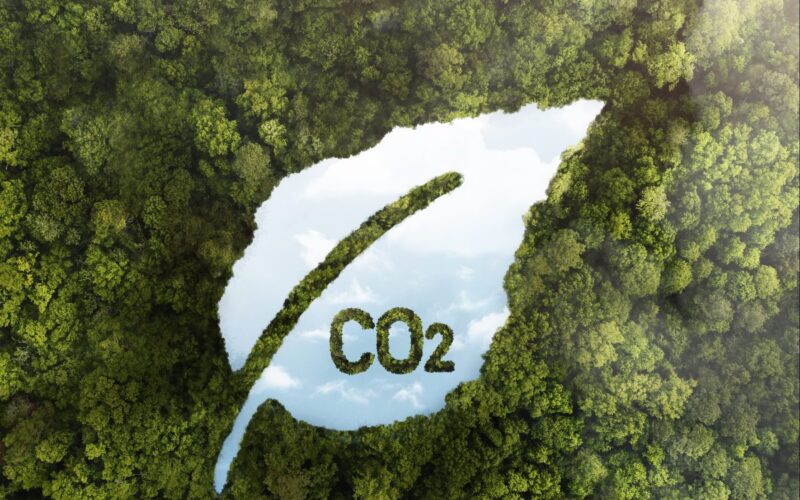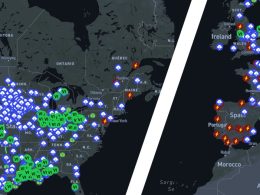In a bid to achieve carbon neutrality by 2050 Japan has launched a major initiative that would decarbonise 120 GW of its fossil fuel energy capacity.
The Organisation for the Transregional Coordination of Transmission Operators (OCCTO) recently organised the first wave of auctions for the supply of decarbonated energy, allocating 9.766 GW of energy capacity. In this, OCCTO awarded 4.01 GW of decarbonised energy sources and 5.756 GW of gas-fired capacity.
The auction awarded 825.582 MW of ammonia-hydrogen co-combustion capacity and 1.66 GW of battery and hydro storage. Companies like JERA, Hokkaido Electric, and Kobelco Power Kobe secured these capacities. To meet the increasing demand, the Ministry of Economy, Trade, and Industry (METI) is also discussing the need to secure greater long-term gas capacity and accelerate the decarbonisation of the country’s energy sources.
This auction is part of a broader effort to stabilise Japan’s energy supply as electricity demand rises due to the construction of new semiconductor plants and data centers. A survey by OCCTO shows that Japan forecasts an annual electricity demand growth of 0.4%, from 805.6 TWh in 2024-2025 to 834.5 TWh in 2033-2034. This growing demand necessitates significant investment in decarbonised energy sources.
Recently, the Japanese parliament passed a law introducing a subsidy framework for the differentiated costs of low-carbon hydrogen. This subsidy will cover the additional costs of supplying hydrogen and ammonia compared to the import prices of LNG and coal. METI plans to launch the first grant applications this summer, with awards expected by the end of 2024. This initiative aims to support domestic projects for energy security and industrial competitiveness as part of the Green Transformation (GX).















